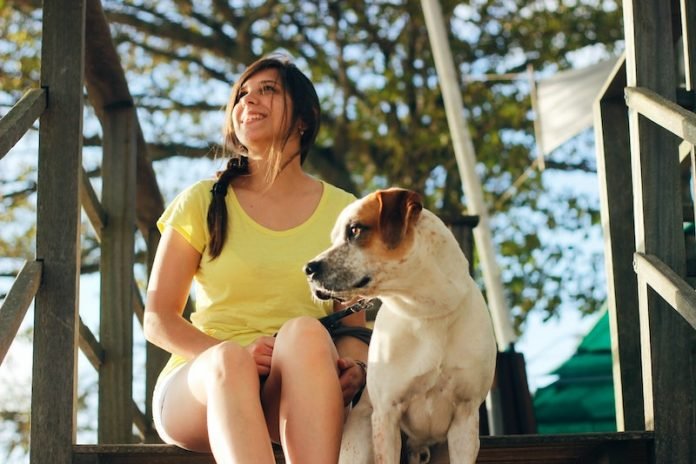
In a new study from National Institute for Environmental Studies, researchers found that seniors who own a dog may be at lower risk of disability than those who have never been dog owners.
Earlier studies have linked dog ownership among Japanese seniors with a lower risk of frailty—a link that appears to be partially explained by higher levels of physical activity and social functioning among dog owners.
Other research also suggests that physical frailty significantly boosts the risk of future disability.
In the study, the team used questionnaires to collect data on dog and cat ownership from 11,233 Japanese adults aged 65 to 84.
They also collected demographic, disability, and other health data for the participants, spanning the period of June 2016 to January 2020.
The researchers found that, during the study period, older adults who were current dog owners were approximately half as likely to have a disability than those who had never been dog owners.
In addition, dog owners who exercised regularly had an even lower risk of disability.
Meanwhile, the researchers found, cat ownership was not associated with any difference in disability risk, and neither dog nor cat ownership was associated with reduced risk of death from any cause.
This study suggests that dog ownership—especially combined with regular exercise—may protect against disability for older Japanese adults. These findings could help inform efforts to promote successful aging.
Meanwhile, future research could investigate physical or psychological mechanisms by which dog ownership might provide benefits, or examine relationships between dog ownership and disability risk in other countries.
If you care about pets, please read studies that dogs can sniff out COVID-19 in human sweat, and you can snuggle wolf pups all you want, they still won’t get you quite like your dog.
For more information about wellness, please see recent studies that walking workouts are great for your heart, bone, and muscle health, and results showing plant-based diets can harm your bone health without these two nutrients.
The study is published in PLOS ONE and was conducted by Yu Taniguchi et al.
Copyright © 2022 Knowridge Science Report. All rights reserved.



